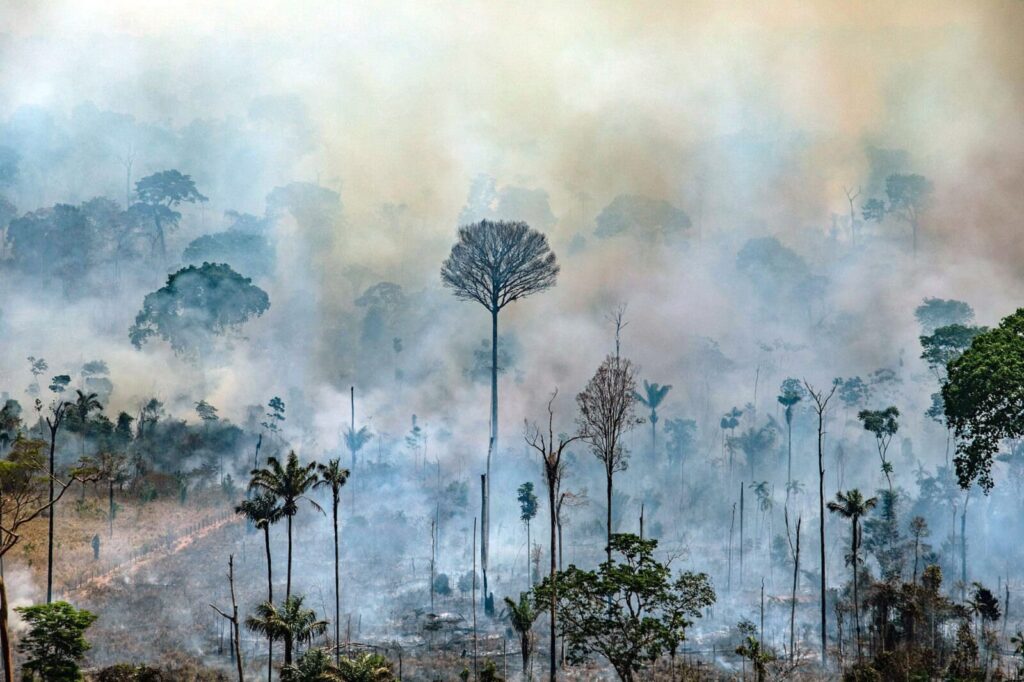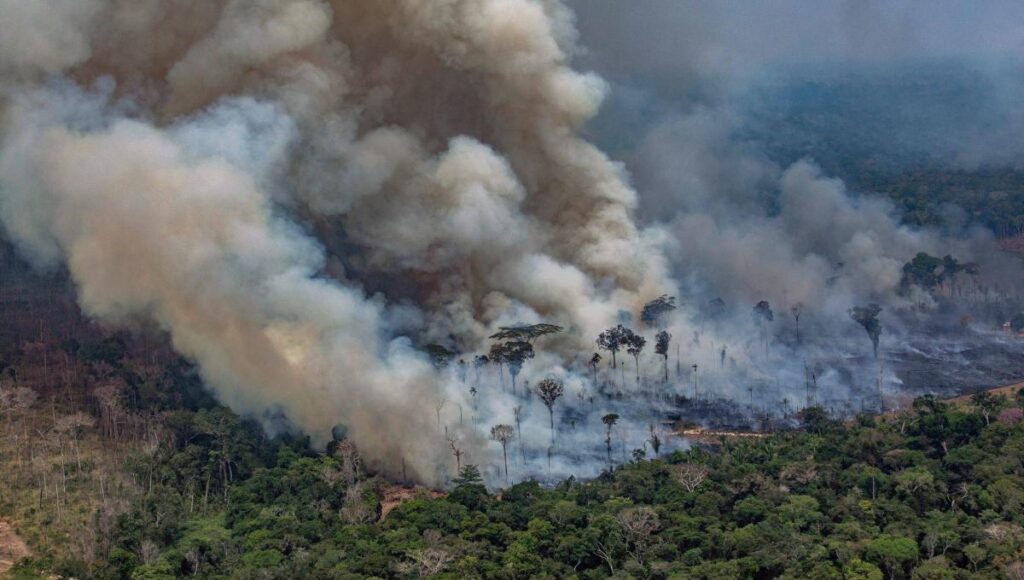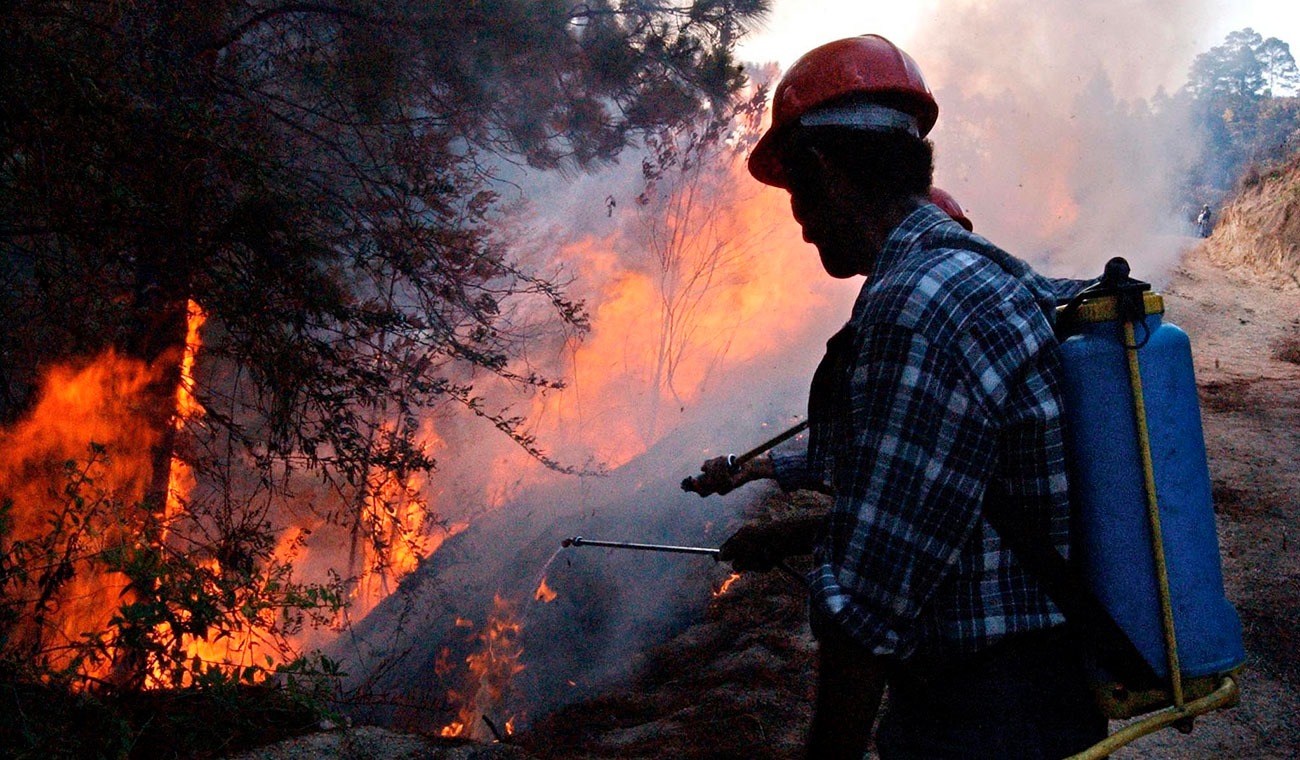RESUME
This project, promoted by ENVIRONMENTAL WOMEN org, represents an interdisciplinary and collaborative effort to address one of the most pressing environmental crises of our time: the management and control of forest fires in the Colombian Amazon basin, an area of vital importance for both global biodiversity as well as for the indigenous communities that inhabit it. The Amazon basin, covering approximately 6.7 million square kilometers, is home to unrivaled biodiversity, with around 10% of the world’s known species, and plays a crucial role in regulating the global climate. However, this region faces significant threats due to deforestation and forest fires, which have increased dramatically in recent years.
The main focus of the project is on the territory of the Ticuna indigenous community, which covers approximately 144 square kilometers in the region. Forest fires, both spontaneous and induced, not only threaten the biodiversity and ecosystems of the region, but also put the ways of life and territorial sovereignty of indigenous communities at risk. Over the last decade, the Amazon region has experienced an increase in the frequency and intensity of forest fires, with millions of hectares affected annually, underscoring the need for effective and sustainable management of these natural disasters.
This project proposes an integrated approach that combines the ethnobotanical wisdom of Ticuna communities with advanced fire monitoring and management technologies. The inclusion of traditional methods is essential, as these communities have managed their ecosystems sustainably for centuries. On the other hand, the integration of advanced digital technologies, such as geographic information systems (GIS) and satellite data analysis, will allow real-time monitoring and rapid response to forest fires. These digital tools are essential for the accurate identification of areas at risk and for the implementation of effective prevention and control strategies.
A crucial component of the project is capacity building within the Ticuna community, especially among youth. It is planned to train 100 young people, aged between 18 and 35, in key aspects of forest fire management. This training will include the use of digital tools to monitor, verify and respond to forest threats. The training will focus not only on technical skills, but also on legal and environmental policy aspects, preparing these individuals to enforce the law and protect their community lands and protected areas.
In addition, the project will seek the co-design of land defense strategies together with the Ticuna community. This collaborative approach will ensure that proposed solutions are aligned with local needs and priorities. Anti-fire ranger brigades will be established, equipped with the necessary tools and knowledge to track and respond effectively to forest fire outbreaks.
Finally, the creation of an online course aimed at the Spanish-speaking community in the region is contemplated, focused on the specific problems of deforestation and the use of digital tools. This course will be a vital tool to raise awareness of the challenges of deforestation and to train non-experts in the effective use of digital technologies to combat forest fires.
In conclusion, this project is positioned as a comprehensive and culturally conscious response to the forest fire crisis in the Colombian Amazon, promoting an environmental management model that is both technologically advanced and deeply rooted in the communities’ traditional knowledge and practices. natives.




